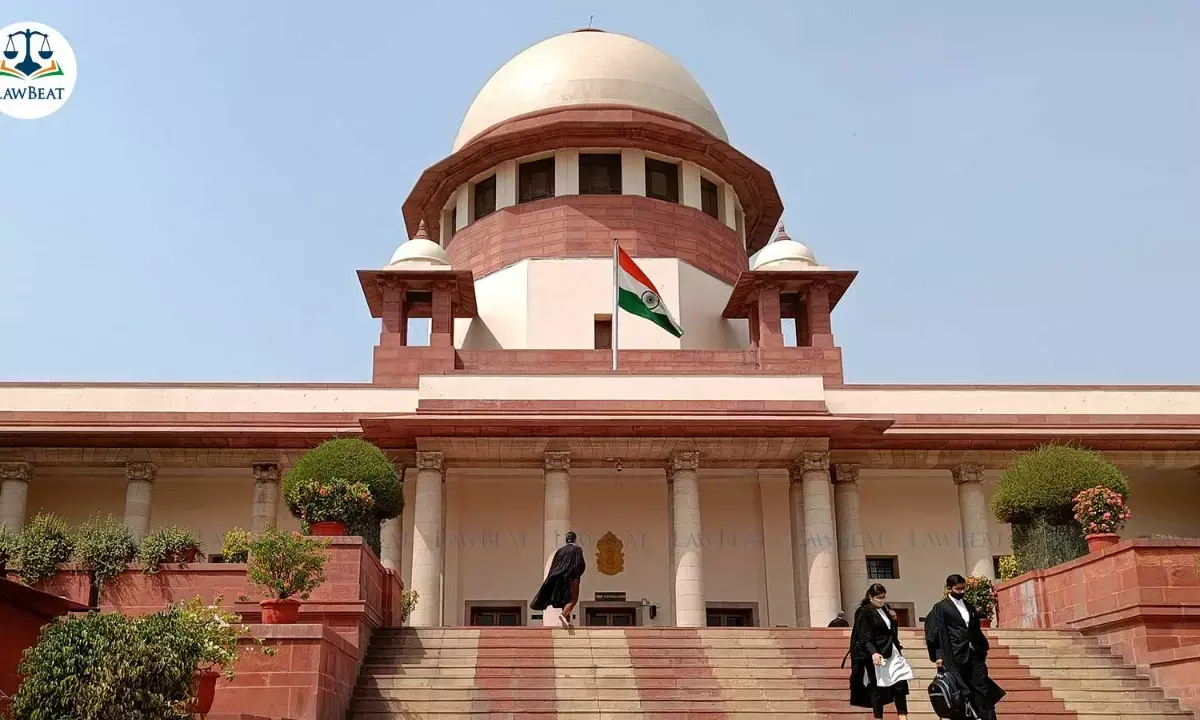No Inducement, No Cheating: SC Clears Accused in Car Dealership Dispute

The Supreme Court recently quashed criminal proceedings in a 2019 FIR alleging cheating of ₹1.7 crore in the name of a car dealer-partnership, holding that the essential ingredients of cheating under Section 420 IPC were completely absent and that the complaint was a misuse of criminal law to recover money.
A bench of Justices Vikram Nath and Sandeep Mehta allowed the appeal against the Madras High Court’s order dated September 27, 2022, and held that the FIR, lodged more than six years after the alleged investment in 2013, was “manifestly frivolous and vexatious or instituted with the ulterior motive for wreaking vengeance.”
The complainant had alleged that the accused had induced him to invest ₹1.7 crore in a Nissan car dealership business, but the Court found from the admitted facts that no such inducement or promise was ever made by the appellants. The Court noted that the suggestion to invest came from the complainant’s own brother, who was also an accused, and that the money was transferred to a company named Sri Vakkira Kalliamman Spinning Mills Pvt Ltd.
"Admittedly none of the accused-appellants gave any sort of inducement or promise to the complainant that he could invest in the Nissan car dealership and that such investment would fetch good returns," the bench observed.
Reiterating that a case under Section 420 IPC requires that inducement to part with property must be made at the inception with intent to defraud, the Court held that the FIR failed to disclose any such intention on the part of the accused; "Having considered in light of the admitted facts as set out in the highly belated FIR, we are of the firm view that in the present case the necessary ingredients of Section 420 IPC are totally missing from the admitted and highest allegations of the complainant."
The delay of over six years in lodging the FIR was found to be another key factor, as the Court noted that the complainant appeared to have taken advantage of the lapse of time to build a “fictitious story” against the accused and drag them into criminal litigation.
"The gross delay of 6 years in filing the FIR in relation to the investment already made in the year 2013 is yet another important factor which convinces us that there was no bona fide cause behind lodging of the FIR", the Court significantly added.
The bench remarked that the dispute, at best, was civil in nature and that the complainant had approached the police with the intent to recover money instead of pursuing civil remedies; "It is clear that the limitation for filing a civil suit had lapsed and thus, the complainant created a story to somehow or other, make an attempt to get his money recovered by resorting to the present criminal proceedings."
The Court also rejected other allegations in the FIR, such as verbal abuse, criminal intimidation, and wrongful restraint, stating that the complainant’s version lacked credibility and appeared to be an attempt to lend “false gravity” to a civil dispute.
“The theory put forth by the complainant in the FIR that he and his companions were wrongfully restrained… is also a ploy of the complainant to somehow or the other, add gravity to the case in order to settle the scores.”
On the claim of a ₹20 lakh cash transaction, the Court expressed doubt, noting that such a transaction would be hit by Section 40A(3) of the Income Tax Act as it stood in 2013 and was unsupported by verified account statements; "The complainant did not even allege in the report that this amount was garnered through some valid sources or that the same was accounted for in the records of the complainant. Hence, this allegation… has no sanctity in the eyes of law."
The Court concluded that the allegations in the FIR were wholly unsubstantiated and the proceedings amounted to an abuse of process.
Relying on Iqbal v. State of Uttar Pradesh (2023), the Top Court quashed the FIR and all related proceedings.
Case Title: G V Adhimoolam & Ors Vs The Inspector of Police & Ors.
